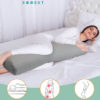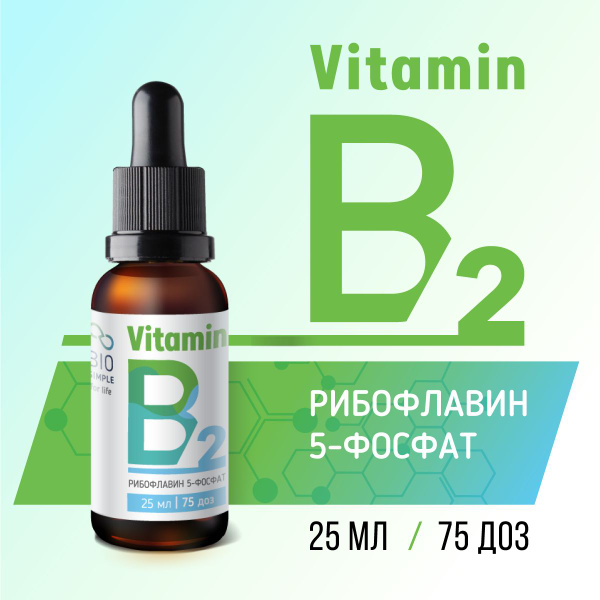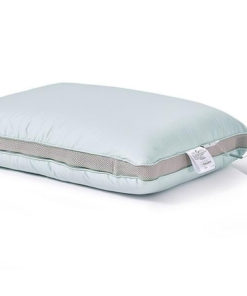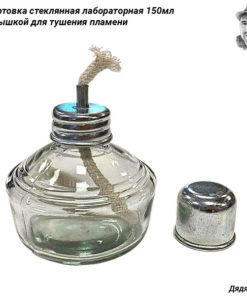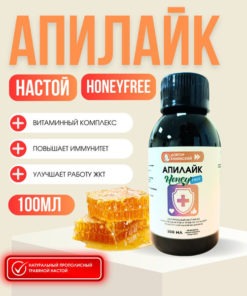-
×
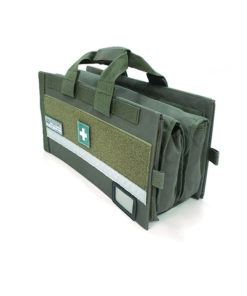 Olive Green Convertible Multi-Purpose Tote Bag SURT-01
2 × $109.00
Olive Green Convertible Multi-Purpose Tote Bag SURT-01
2 × $109.00 -
×
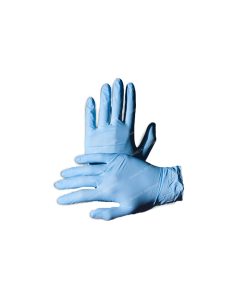 Gloves Farmin nitrile powder-free non-sterile size M No. 200
1 × $89.00
Gloves Farmin nitrile powder-free non-sterile size M No. 200
1 × $89.00 -
×
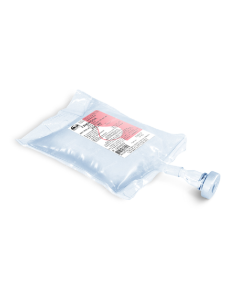 Glucose solution for infusions 50mg/ml in polymer containers 250ml №1
1 × $9.00
Glucose solution for infusions 50mg/ml in polymer containers 250ml №1
1 × $9.00 -
×
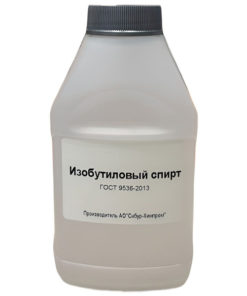 Isobutyl Alcohol (250ml) - ГОСТ 9536-2013
1 × $39.00
Isobutyl Alcohol (250ml) - ГОСТ 9536-2013
1 × $39.00 -
×
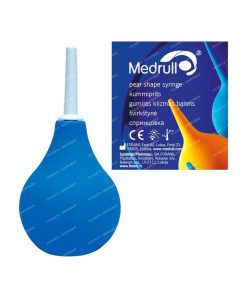 Medrull syringe type B with solid tip B-1 volume 30ml
1 × $9.00
Medrull syringe type B with solid tip B-1 volume 30ml
1 × $9.00 -
×
 Magniflex Memoform Simple Pillow: Superior Comfort & Support
1 × $299.00
Magniflex Memoform Simple Pillow: Superior Comfort & Support
1 × $299.00 -
×
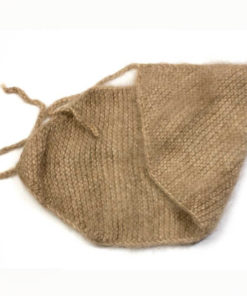 Dog Hair Belt
5 × $69.00
Dog Hair Belt
5 × $69.00 -
×
 DALSONG Bras: Comfort & Support
1 × $29.00
DALSONG Bras: Comfort & Support
1 × $29.00 -
×
 Queen Pillow, 60x60cm: Luxurious Comfort
2 × $99.00
Queen Pillow, 60x60cm: Luxurious Comfort
2 × $99.00 -
×
 Medical Alcohol Wipes 100x60mm (100 Count) - "SOYUZ" Brand - Antiseptic, Antibacterial, Disinfectant
1 × $9.00
Medical Alcohol Wipes 100x60mm (100 Count) - "SOYUZ" Brand - Antiseptic, Antibacterial, Disinfectant
1 × $9.00 -
×
 TOP Stocking Saver (1 pair per pack)
3 × $19.00
TOP Stocking Saver (1 pair per pack)
3 × $19.00 -
×
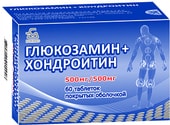 Borimed Glucosamine + Chondroitin, 500 mg, 60 tablets
1 × $39.50
Borimed Glucosamine + Chondroitin, 500 mg, 60 tablets
1 × $39.50 -
×
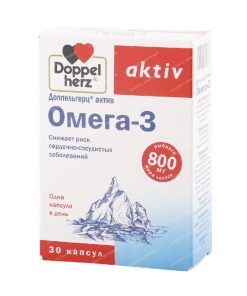 Doppelgerz Active Omega-3 capsules №30
1 × $29.00
Doppelgerz Active Omega-3 capsules №30
1 × $29.00 -
×
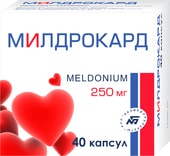 Belmedpreparations Mildrocard, 250 mg, 40 caps.
2 × $29.00
Belmedpreparations Mildrocard, 250 mg, 40 caps.
2 × $29.00 -
×
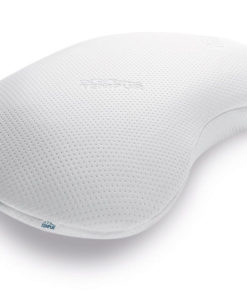 Tempur Sonata M Mattress
4 × $469.00
Tempur Sonata M Mattress
4 × $469.00 -
×
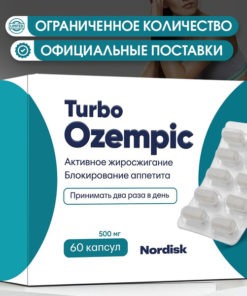 Turbo Ozempic Diet Pills: Fast Weight Loss (60 Capsules)
4 × $109.00
Turbo Ozempic Diet Pills: Fast Weight Loss (60 Capsules)
4 × $109.00 -
×
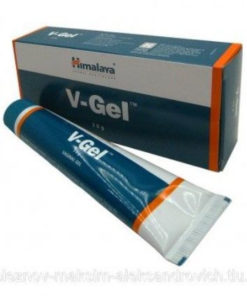 V-Gel Vaginal Gel (2 x 30g)
4 × $19.00
V-Gel Vaginal Gel (2 x 30g)
4 × $19.00 -
×
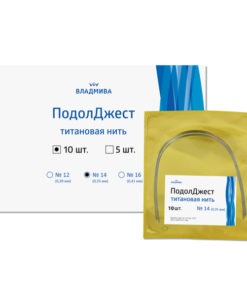 VladMiVa Podolgest Titanium Thread 14 (0.35mm) - 10 Pieces
3 × $79.00
VladMiVa Podolgest Titanium Thread 14 (0.35mm) - 10 Pieces
3 × $79.00 -
×
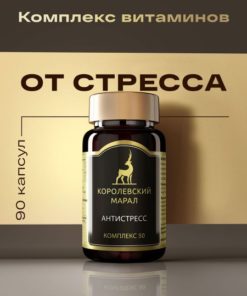 Royal Maral Anti-Stress Supplement: Reduce Anxiety & Nervousness (90 Capsules)
1 × $9.00
Royal Maral Anti-Stress Supplement: Reduce Anxiety & Nervousness (90 Capsules)
1 × $9.00 -
×
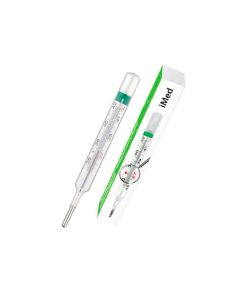 Thermometer medical mercury-free iMed W00
1 × $29.00
Thermometer medical mercury-free iMed W00
1 × $29.00 -
×
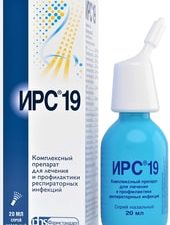 Abbott Irs 19 Spray, 20 ml.
1 × $79.00
Abbott Irs 19 Spray, 20 ml.
1 × $79.00 -
×
![Smith Frequency 086: [Relevant Keyword] Guide](https://globalhealingweb.com/wp-content/uploads/2024/11/6295017024-247x296.jpg) Smith Frequency 086: [Relevant Keyword] Guide
3 × $139.00
Smith Frequency 086: [Relevant Keyword] Guide
3 × $139.00 -
×
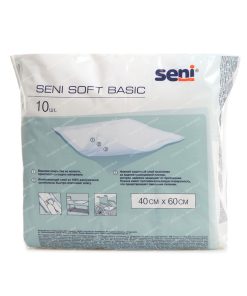 Seni soft Basic Disposable diapers (absorbent) 40x60 10 pcs
1 × $19.00
Seni soft Basic Disposable diapers (absorbent) 40x60 10 pcs
1 × $19.00 -
×
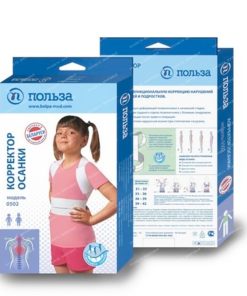 Posture corrector size 1 model 0502 (white)
1 × $29.00
Posture corrector size 1 model 0502 (white)
1 × $29.00 -
×
 Bella Baby Happy Handkerchiefs paper universal two-layer various colors (monkey) 150 pcs
1 × $9.00
Bella Baby Happy Handkerchiefs paper universal two-layer various colors (monkey) 150 pcs
1 × $9.00 -
×
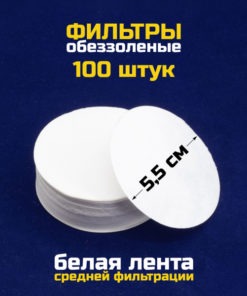 55mm Ashless Filter Papers, White Ribbon, 100 Count
2 × $9.00
55mm Ashless Filter Papers, White Ribbon, 100 Count
2 × $9.00 -
×
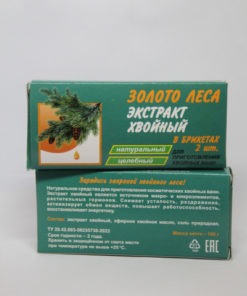 Pine Extract Briquettes (Direct from Manufacturer)
2 × $19.00
Pine Extract Briquettes (Direct from Manufacturer)
2 × $19.00 -
×
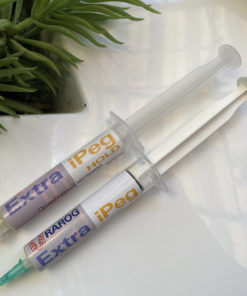 Liquid Treger Extra iPeg Syringe
1 × $69.00
Liquid Treger Extra iPeg Syringe
1 × $69.00 -
×
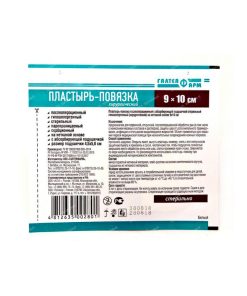 Postoperative sterile hypoallergenic bandage on an ultra thin film base 9cmx10cm
1 × $9.00
Postoperative sterile hypoallergenic bandage on an ultra thin film base 9cmx10cm
1 × $9.00 -
×
 Herbion Linkas with orange flavor, 16 pastes.
1 × $19.00
Herbion Linkas with orange flavor, 16 pastes.
1 × $19.00 -
×
 Sandoz Immunal, 80 mg, 20 tab.
1 × $39.00
Sandoz Immunal, 80 mg, 20 tab.
1 × $39.00 -
×
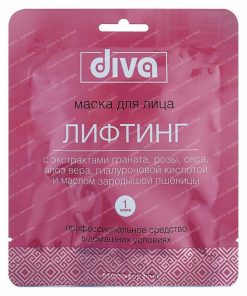 Diva Mask on a fabric basis "Lifting" 1pc.
1 × $9.00
Diva Mask on a fabric basis "Lifting" 1pc.
1 × $9.00 -
×
 Orthopedic insoles for men (UE, ST-105.1/ST-105.B, r40)
1 × $39.00
Orthopedic insoles for men (UE, ST-105.1/ST-105.B, r40)
1 × $39.00 -
×
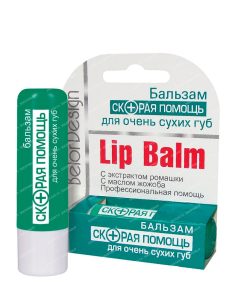 Lip balm "Ambulance" for very dry lips, 4.4g
1 × $9.00
Lip balm "Ambulance" for very dry lips, 4.4g
1 × $9.00 -
×
 TOP Fleece insole (1 pair per pack)
2 × $19.00
TOP Fleece insole (1 pair per pack)
2 × $19.00 -
×
 Si-Line Silicone Vacuum Massage Cups Set: 4 Cups, Face Brush & Case
1 × $39.00
Si-Line Silicone Vacuum Massage Cups Set: 4 Cups, Face Brush & Case
1 × $39.00 -
×
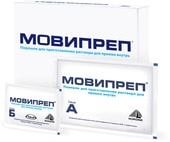 Norgine Moviprep powder A + B, 2 sachets
1 × $49.50
Norgine Moviprep powder A + B, 2 sachets
1 × $49.50 -
×
 Polysan Cycloferon, 150 mg, 10 tablets.
1 × $29.00
Polysan Cycloferon, 150 mg, 10 tablets.
1 × $29.00 -
×
 Herbion Linkas with mint flavor, 16 pastes.
1 × $19.00
Herbion Linkas with mint flavor, 16 pastes.
1 × $19.00 -
×
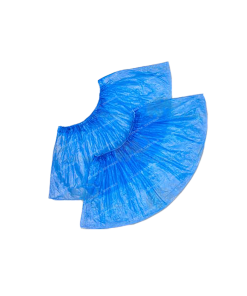 Shoe covers Medrull size 41cm
1 × $9.00
Shoe covers Medrull size 41cm
1 × $9.00 -
×
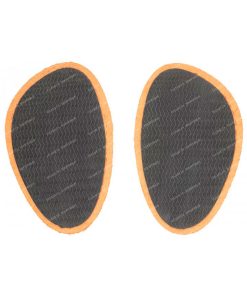 TOP Suede midsoles (1 pair per pack)
1 × $19.00
TOP Suede midsoles (1 pair per pack)
1 × $19.00 -
×
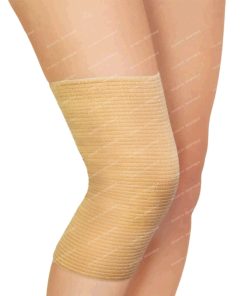 Elastic knee pad size 3 model 0802
1 × $19.00
Elastic knee pad size 3 model 0802
1 × $19.00 -
×
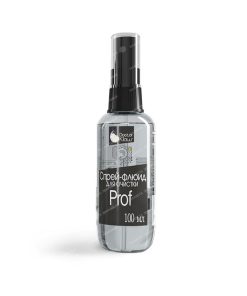 Fluid cleaning spray PROF 100 ml
1 × $39.00
Fluid cleaning spray PROF 100 ml
1 × $39.00 -
×
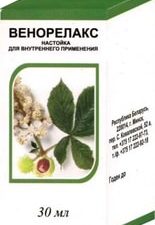 Fereyn Venorelax tincture, 50 ml
1 × $9.00
Fereyn Venorelax tincture, 50 ml
1 × $9.00 -
×
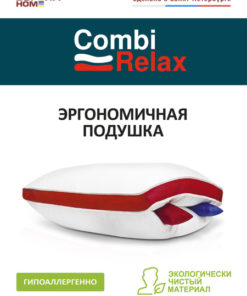 COMBI-RELAX Pillow with 2 Buckwheat Hull Rollers
1 × $79.00
COMBI-RELAX Pillow with 2 Buckwheat Hull Rollers
1 × $79.00 -
×
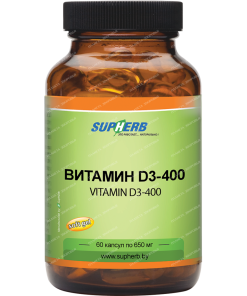 Vitamin D3-400, capsules 650 mg №60 (Vitamin D3)
1 × $29.00
Vitamin D3-400, capsules 650 mg №60 (Vitamin D3)
1 × $29.00 -
×
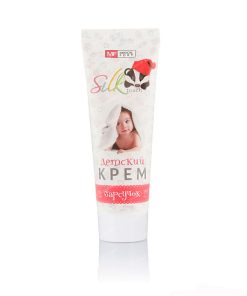 SILKTOUCH Baby cream "Badger" (tube) 75ml
1 × $9.00
SILKTOUCH Baby cream "Badger" (tube) 75ml
1 × $9.00 -
×
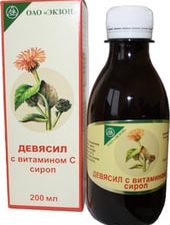 Exon Elecampane Syrup with Vitamin C, 200 ml.
1 × $9.00
Exon Elecampane Syrup with Vitamin C, 200 ml.
1 × $9.00 -
×
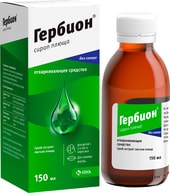 KRKA Herbion ivy syrup, 150 ml.
1 × $39.00
KRKA Herbion ivy syrup, 150 ml.
1 × $39.00 -
×
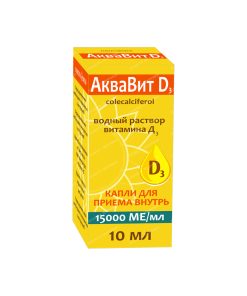 AquaVit D3 drops 15000IU/ml 10ml №1
1 × $19.00
AquaVit D3 drops 15000IU/ml 10ml №1
1 × $19.00 -
×
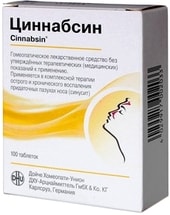 DHU Cinnabsin, 100 tablets
1 × $59.00
DHU Cinnabsin, 100 tablets
1 × $59.00
Subtotal: $5,405.00


